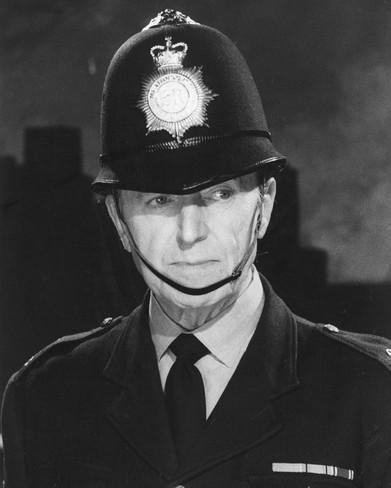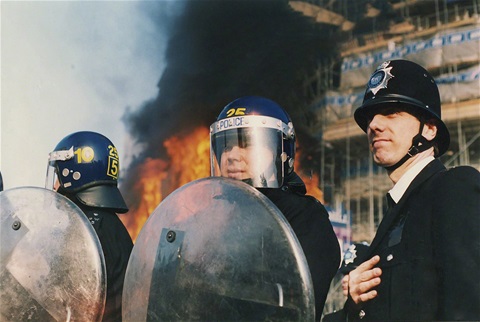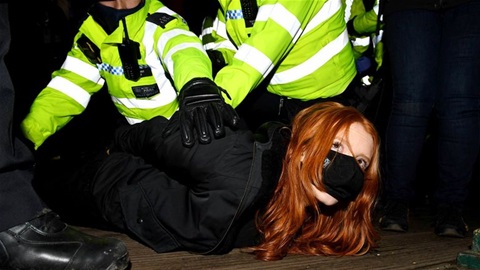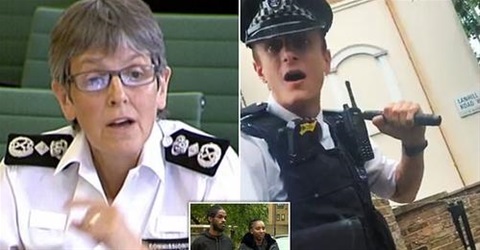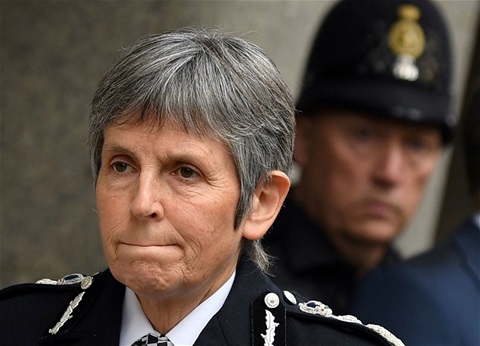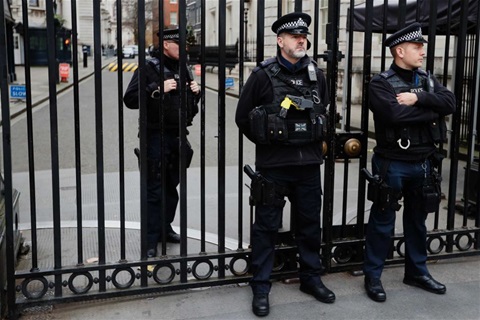The British Police
For Law abiding citizens & residents; 'An effective authority figure knows trust and accountability are paramount.'
The 1829 Metropolitan Police Act created a modern police force. It created a service [“by public consent”] to be apolitical, to maintain the peace and apprehend criminals for the courts to process according to the law, without bias or prejudice. To take over the locally maintained system of volunteer constables of the Parish Councils and the watchmen. Also the authority and purview of the Bow Street Runners was greatly diminished.
As Home secretary Robert Peel developed, to define an ethical police force. The principles traditionally ascribed to Peel state that:
Whether the police are effective is not measured on the number of arrests, but on the lack of crime.
Above all else, an effective authority figure knows trust and accountability are paramount. Hence, Peel's most often quoted principle that "The police are the public and the public are the police." [It should have been added in, to the ‘Law abiding' public]
Peelian Principles:
The nine principles were as follows:
1. To prevent crime and disorder, as an alternative to their repression by military force and severity of legal punishment.
2. To recognise always that the power of the police to fulfill their functions and duties is dependent on public approval of their existence, actions and behaviour, and on their ability to secure and maintain public respect.
3. To recognise always that to secure and maintain the respect and approval of the public means also the securing of the willing co-operation of the public in the task of securing observance of laws.
4. To recognise always that the extent to which the co-operation of the public can be secured diminishes proportionately the necessity of the use of physical force and compulsion for achieving police objectives.
5. To seek and preserve public favour, not by pandering to public opinion, but by constantly demonstrating absolutely impartial service to law, in complete independence of policy, and without regard to the justice or injustice of the substance of individual laws, by ready offering of individual service and friendship to all members of the public without regard to their wealth or social standing, by ready exercise of courtesy and friendly good humour, and by ready offering of individual sacrifice in protecting and preserving life.
6. To use physical force only when the exercise of persuasion, advice and warning is found to be insufficient to obtain public co-operation to an extent necessary to secure observance of law or to restore order, and to use only the minimum degree of physical force which is necessary on any particular occasion for achieving a police objective.
7. To maintain at all times a relationship with the public that gives reality to the historic tradition that the police are the public and that the public are the police, the police being only members of the public who are paid to give full-time attention to duties which are incumbent on every citizen in the interests of community welfare and existence.
8. To recognise always the need for strict adherence to police-executive functions, and to refrain from even seeming to usurp the powers of the judiciary of avenging individuals or the State, and of authoritatively judging guilt and punishing the guilty.
9. To recognise always that the test of police efficiency is the absence of crime and disorder, and not the visible evidence of police action in dealing with them.
In 1981 The Scarman Report was commissioned after the Brixton riots. Lord Scarman stated that "complex political, social and economic factors" created a "disposition towards violent protest".
The above conclusion sits above the base of [most] of the requirements for a police force and can be attributed and explain, in the main, the riots seen in Bristol in 2021.
In addition to the above founding principles of a British police force:
Where there remains a need for a police
force, that force [should be] well structured:
1. With sound policies [to include attitudes]
2. With Very Good Training
3. With established, understood and accepted standards and procedures and
4. Actively Monitored
[by the independent regulator].
[ Appropriate for need ]
Neither the police nor the public can be fully blamed for crime, protesting and poor police relations. The Scarman report indicated the core cause of crime [social economic inequity, frustration, alienation, neglect, suppression and ill health leading to anger, desperation, crimes and violence]
The blame lies wholly upon the government and its actions after inheriting the socio economic people under its hand of responsibility. This dates far back through very regrettable past regimes, placed over the philosophies of value. Or should that be value over philosophy.
Social society remains ‘unfinished business’, incomplete, as is the concept of ‘Civilization’.
The Current British police problems:
A. A residual recruitment flaw
B. Basic and comprehensive training flaws [particularly with regard to attitudes] A requirement for Retraining, Refreshers & Updates to policy and procedures to bring all staff inline with the updated and refreshed basic training and updated policy and procdures.
C. Very poor and unclear legislation with regard to public attitude, civil conduct and professional respect for copperation towards the communities police while going about their enquiries and actions.
D. Police size in relation to crime/criminal levels and Projections
E. Poor [inadequate] equipment and expertise and a lack of government support
'The Ministry of Justice is to scrutinise all the circumstances to see if justice was properly served.'
F. A lack of prison accommodation for punishment, public safety, rehabilitation and for justice to be seen to be done, with regard to release and reoffending.
G. A neglect of child education [and migrants] for attitude and legal conduct for good relations for law abiding British citizens [and temporary residents] with the police.
H. An education [government] failure to reduce, avoid and prevent delinquency of children, teens and school leavers, destined for exclusion, decay, delinquency, petty crime, the dark economy, organized crime or alcoholism, drug use and mindless [philosophy] violence and [sport] violence.
I. A lack of capability, intent and integrity of police command & management to address or alter the status quo.
Who will be next to face the challenge of addressing the negative attitues and the social and criminal conduct of met police?
I do not believe a police commissioner alone can address the home secretries list of correction and improvements listed & restructure/restart the met police's training/re-training out prejudice's and the other bad attitudes and provide a monitoring system. I hope the home secretary with the agreement and cooperation of the new met commissioner will appoint an external professional review and re-structuring agency.
